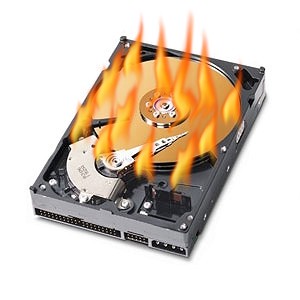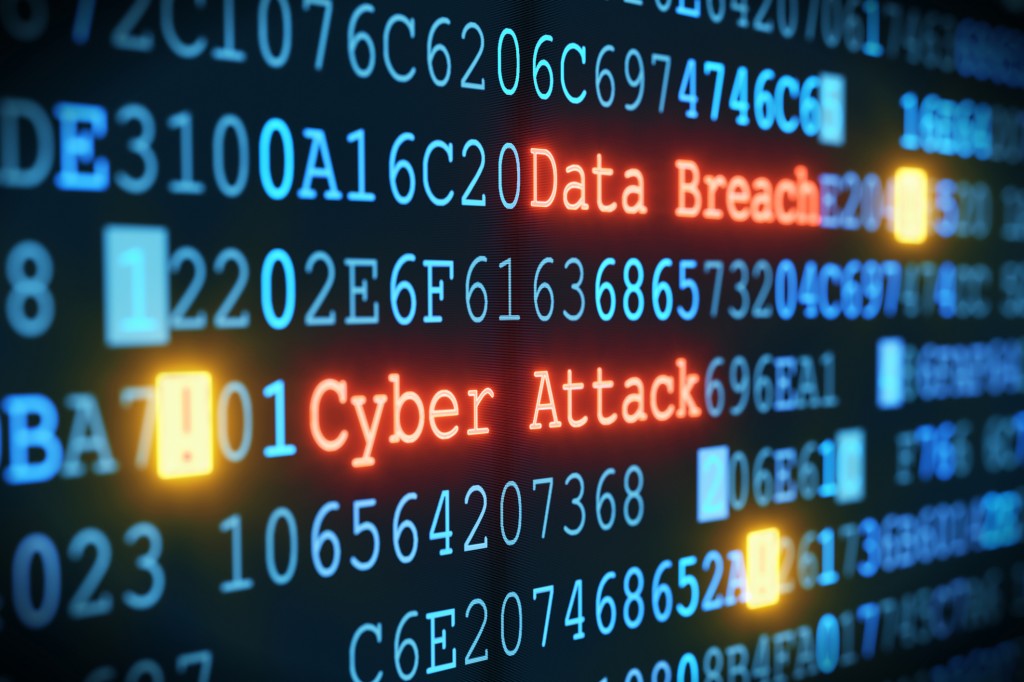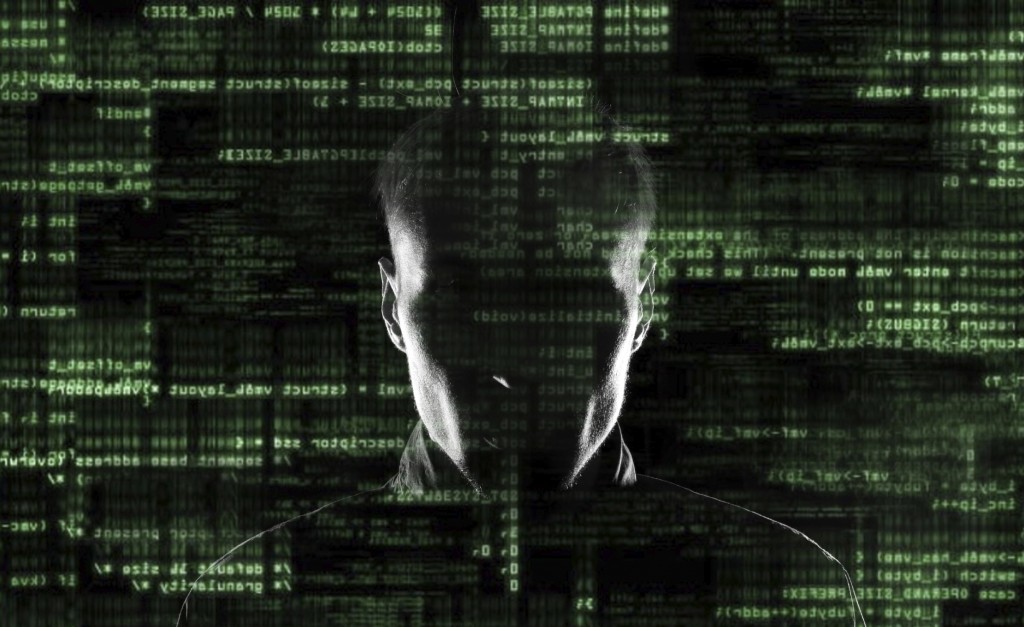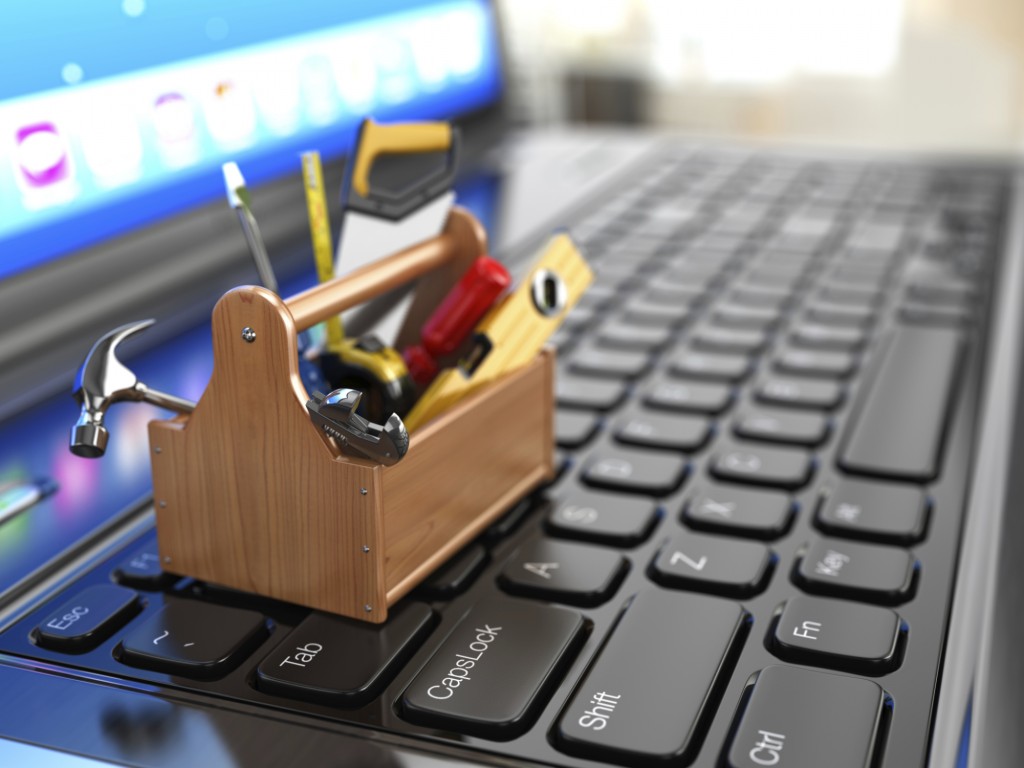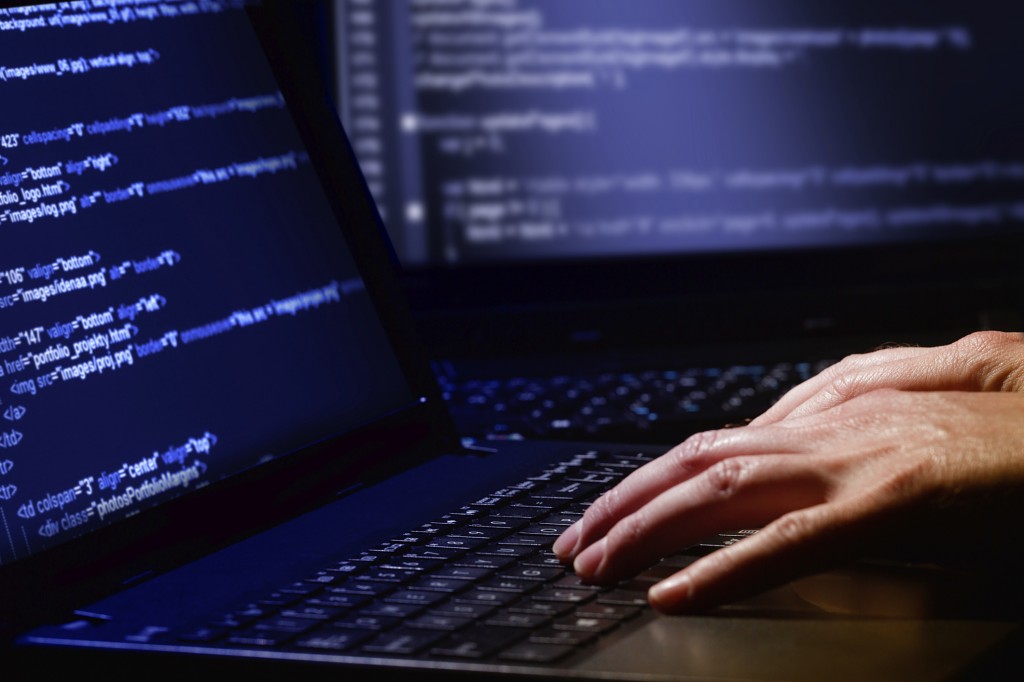
Backing up your computer data is important to making sure that your most important files are well-protected. This is especially important when we’re talking about business servers.
Not only will backing up your business servers keep much of your data safe from hackers and the occasional hardware failure, but it’s also much easier to move data – and prevent data loss – if you back up regularly.
If you still aren’t convinced that backups are essential, be sure to check out the following reasons below on the importance of backing up your business sever.
- While backup servers aren’t cheap, they could end up saving you a lot of money in the long run. Case in point, in the event of any unprecedented data loss, your business won’t have to lose any data permanently. So, even if your original business server crashes, it’s still possible to recover your data. This is also where off-site backup hosting plans justify their extra cost and come in handy, as they can essentially serve as backups to your backups.
- Depending on the nature of your business, your business server may also contain data from other users. Some of this information can be considered sensitive, especially if you’re hosting a large social media website of sorts. Your users and clients rely on you to keep their sensitive information not only secure, but also safe. Having backups just in case something goes wrong is a great way to gain the trust of your customers.
- Having backups ready and available also makes it a lot easier to migrate data from an old server to a new one. There’s also less chances of a server downtime when using backup for data migration, helping you save both money and time.
Is Backing Up Data A Time-Consuming Task?
Not at all! Although manually backing up your files every day can be time consuming, it’s an outdated method that’s no longer recommended these days. Instead, many of today’s backup server systems operate automatically, usually after office hours. Such systems also help streamline the whole process by making sure to make backups only of files that were changed throughout the day. And, because it doesn’t require you nor any of your employees to do anything, such server backup systems will quickly prove to be an invaluable tool for your business.
Of course, most experts will recommend that businesses do another weekly backup in addition to the automated daily ones. Having a physical data backup stored in an off-site safe or off-site server adds another layer of protection and security, without really costing the business much.
Back Up Your Business Server Now!
Take a proactive approach to your data and invest in backing up your business server today. Think of it as an insurance policy of sorts for your business sever, a way to protect your business’ valuable data from both internal and external threats.
Remember, choosing not to back up your business sever today puts your business sever at risk for data loss, hardware failure, malicious viruses and hackers that may end up costing your business a lot more money in the end!
Call Up & Running Computer Solutions in Corona, CA for help with backing up your server at 951-737-8558. Learn more at our website at www.urcs.net.

